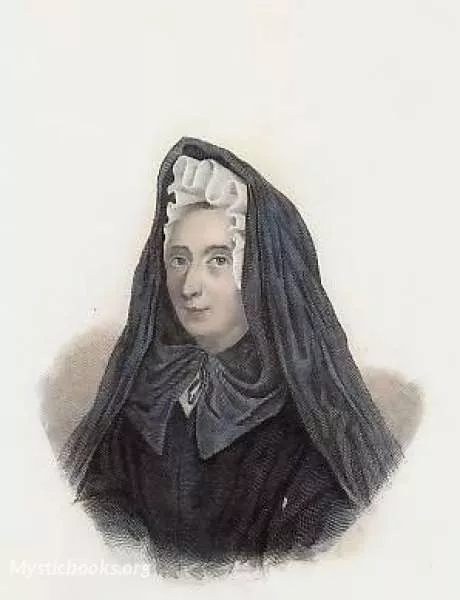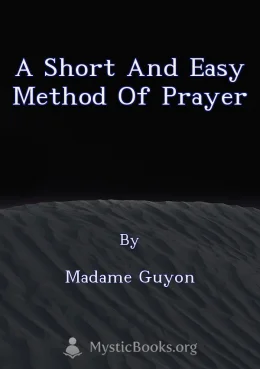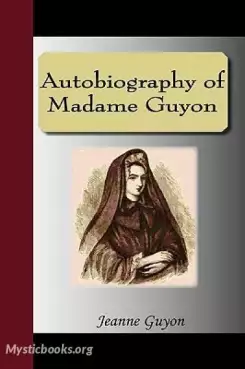
Timeline
Title
Country/Nationality
Madame Guyon
Jeanne-Marie Bouvier de la Motte-Guyon was a French mystic and was accused of advocating Quietism, although she never called herself a Quietist. Quietism was considered heretical by the Roman Catholic Church, and she was imprisoned from 1695 to 1703 after publishing the book A Short and Very Easy Method of Prayer.
Guyon was the daughter of Claude Bouvier, a procurator of the tribunal of Montargis, 110 kilometers south of Paris and 70 kilometers east of Orléans. Of a sensitive and delicate constitution, she was sickly in her childhood and her education was neglected. Her childhood was spent between the convent, and the home of her well–to–do parents, moving nine times in ten years. Guyon's parents were very religious people, and they gave her an especially pious training. Other important impressions from her youth that remained with her came from reading the works of St. Francis de Sales, and from certain nuns, her teachers. Prior to her marriage she had wanted to become a nun, but this desire did not last long.
In 1664, when she was 15 years old, after turning down many other proposals, she was forced into an arranged marriage to a wealthy gentleman of Montargis, Jacques Guyon, aged thirty eight. During her twelve years of marriage, Guyon suffered terribly at the hands of her mother-in-law and maidservant. Adding to her misery were the deaths of her half-sister, followed by her mother, and her son. Her daughter and father then died within days of each other in July 1672. Guyon retained belief in God's perfect plan and that she would be blessed in suffering. She bore another son and daughter shortly before her husband's death in 1676. After twelve years of an unhappy marriage (in which she had borne five children, of whom three had survived), Madame Guyon had become a widow at the age of 28.
During her marriage, Guyon became introduced to mysticism by Fr. François La Combe, a Barnabite, and was instructed by him.
After her husband's death, Madame Guyon initially lived quietly as a wealthy widow in Montargis. In 1679, she re-established contact with François La Combe, the superior of the Barnabite house in Thonon in Savoy.
Madame Guyon remained imprisoned in the Bastille until 21 March 1703, when, after more than seven years of her final captivity, she went to live with her son in a village in the Diocese of Blois. There she passed some fifteen years surrounded by a stream of pilgrims, many from England and Scotland, and spending her time writing volumes of correspondence and poetry. She continued to be revered by the Beauvilliers, the Chevreuses, and Fénelon, who never failed to communicate with her whenever safe and discreet intermediaries were available. Among the pilgrims, Milord Chewinkle stayed in Blois with Guyon for 7 years. One visitor, Pierre Poiret, went on to publish many of Guyon's works.
In 1704, her works were published in the Netherlands, becoming very popular. Many English and Germans visited her at Blois, among them Johann Wettstein and Lord Forbes. She spent the remainder of her life in retirement with her daughter, the Marquise de Bois, at Blois, where she died at the age of 69, believing that she had died submissive to the Catholic Church, from which she had never had any intention of separating herself.
Books by Madame Guyon

A Short and Easy Method of Prayer
Originally published in 1685, Madame Guyon’s A Short and Easy Method of Prayer is considered a classic of Christian mysticism, influencing great writers and speakers such as John Wesley and Charles Spurgeon. In it, Madame Guyon carefully and briefly...

Autobiography of Madame Guyon
Jeanne-Marie Bouvier de la Motte-Guyon (commonly known as Madame Guyon) (April 13, 1648 - June 9, 1717) was a French mystic and one of the key advocates of Quietism. Quietism was considered heretical by the Roman Catholic Church, and she was imprison...